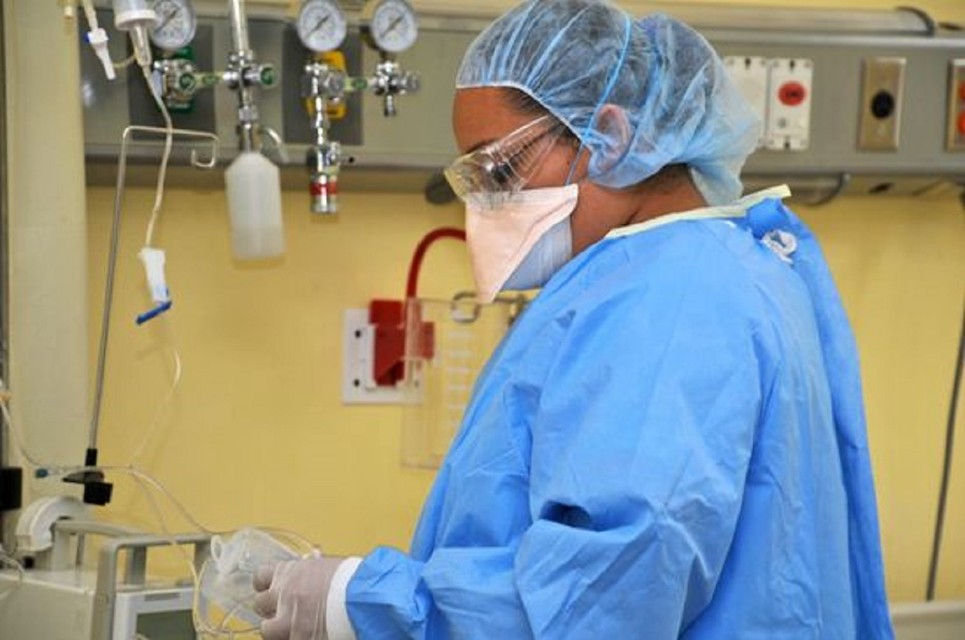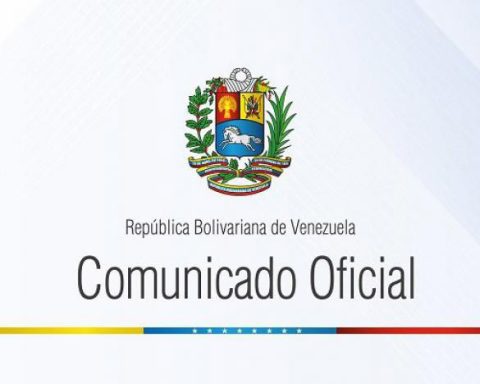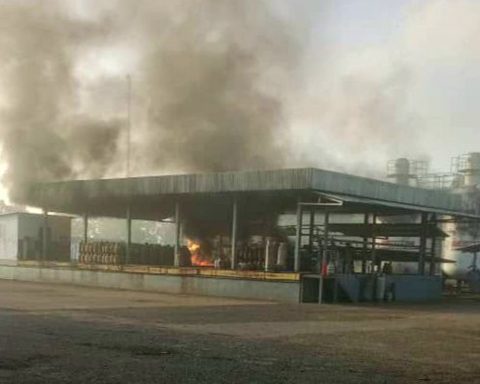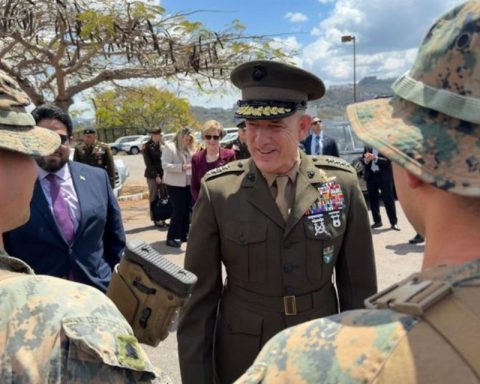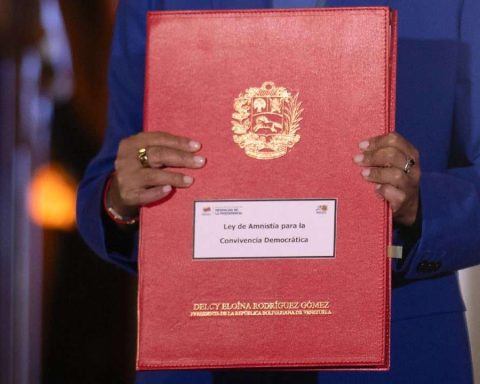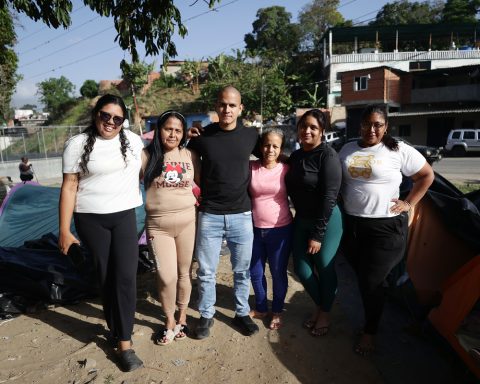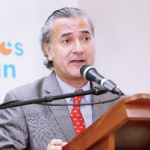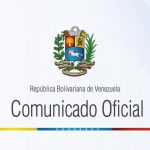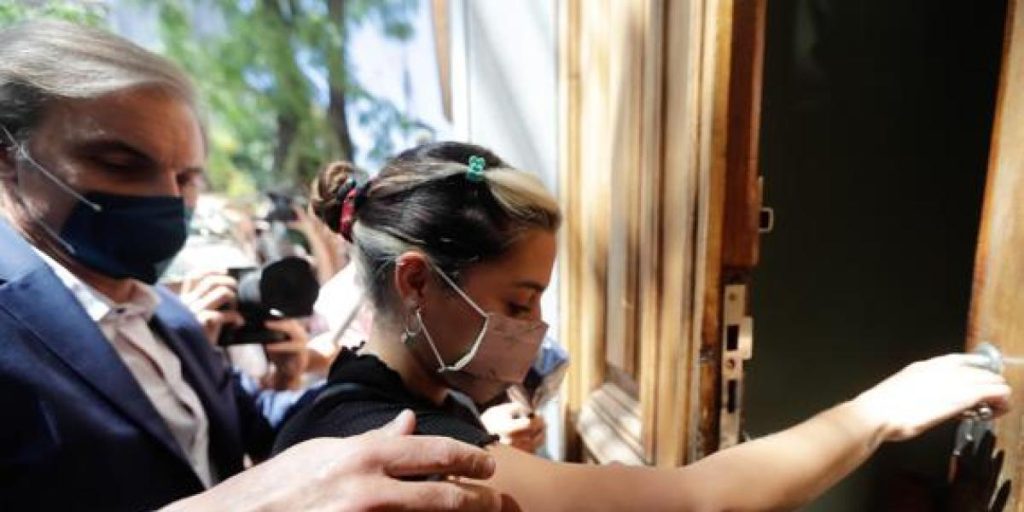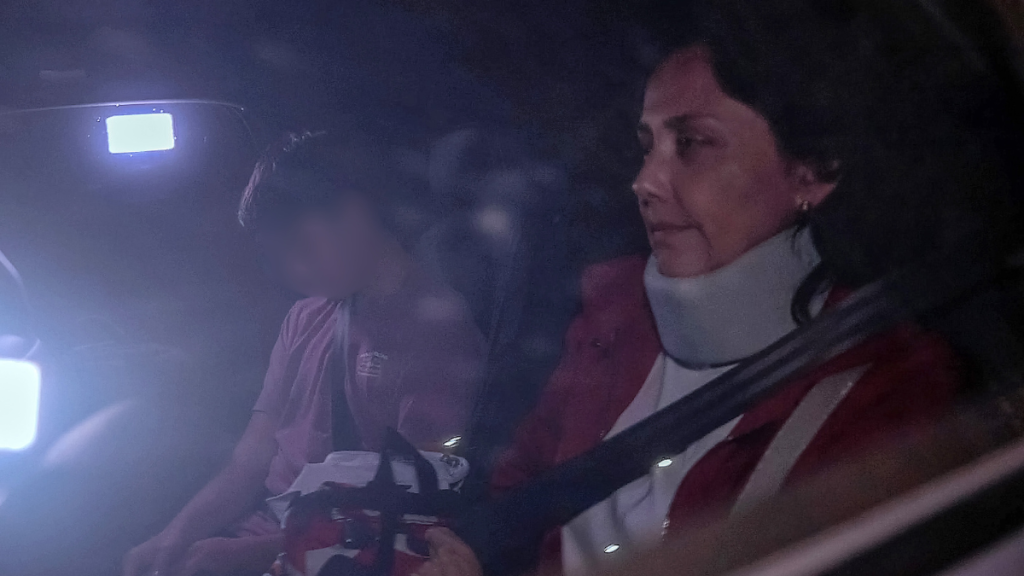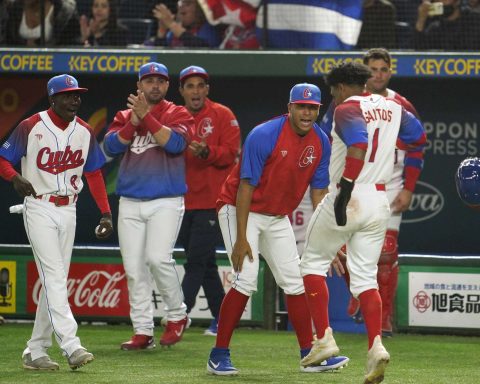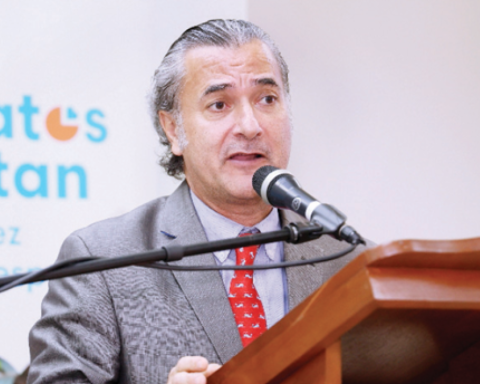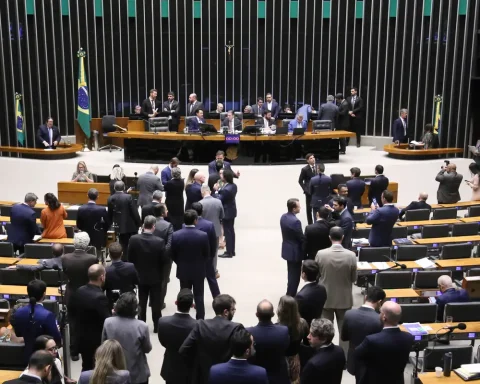Five years after the Covid-19 Pandemia that left millions of deaths worldwide, the members of the World Health Organization reached a historical agreement to face them in the future. Among the most important points of negotiations, facilitate technology transfer to manufacture health products, such as vaccines
Fruit of negotiations that have lasted more than three years, the member countries of the World Health Organization (WHO) approved a historical agreement to prevent and deal with pandemics.
The pact arrives five years after the emergence of COVID-19, with millions of deaths and a world economic collapse, partly the result of the lack of coordination between countries and the refusal to combine efforts or share medical material, such as vaccines or protective equipment, in times of shortage
The main problem in conversations was the transfer of technology for the manufacture of health products linked to pandemics, especially for the benefit of developing countries. That issue was a reason for numerous claims of the poorest countries during the Covid-19 pandemic, when they saw how the rich monopolized vaccines and diagnostic tests of the coronavirus.
Several countries where the pharmaceutical industry represents an important part of its economy oppose the mandatory transfer and insist on its voluntary nature. Finally, a consensus on the principle of technological transfer “by mutual agreement” was reached.
Another of the main aspects of the text is the creation of a “access system and participation in the benefits of pathogens” so that pharmaceutical companies can have these data and start working quickly in products to fight pandemics.
The project also seeks to expand access to these products, establishing a world supply and logistics chain network.
*Also read: five years after pandemic, WHO regrets the “collective amnesia” that has been imposed
WHO makes “history” to face pandemics
«Tonight marks an important stage on our trip together towards a safer world. The world’s nations have made history, ”said WHO general director Adhanom Ghebreyesus.
The agreed project already entered the morning “will be discussed in the next World Health Assembly, in May,” said WHO.
The importance of negotiations was accentuated in recent months before the emergence of new sanitary threats such as avian flu, measles and ebola.
The final stretch of the conversations was developed in a context of crisis of the international order and the world health system, caused by the cuts to humanitarian aid decreed by US President Donald Trump.
*Journalism in Venezuela is exercised in a hostile environment for the press with dozens of legal instruments arranged for the punishment of the word, especially the laws “against hatred”, “against fascism” and “against blockade.” This content is being published taking into account the threats and limits that, consequently, have been imposed on the dissemination of information from within the country.
Post views: 302
